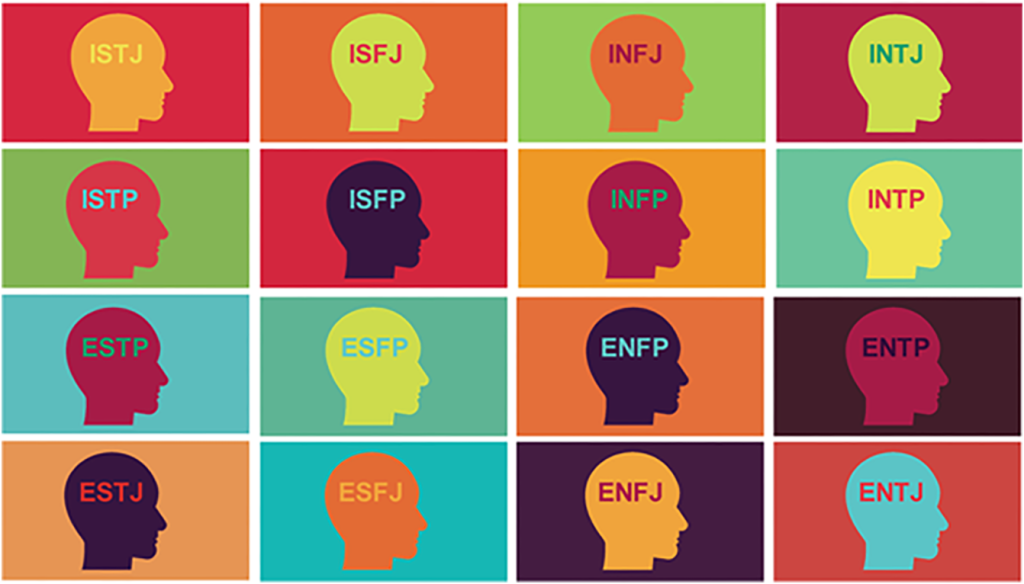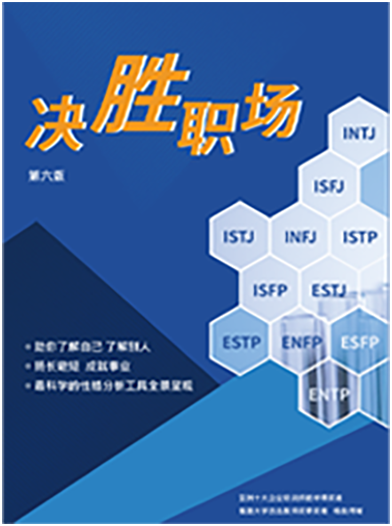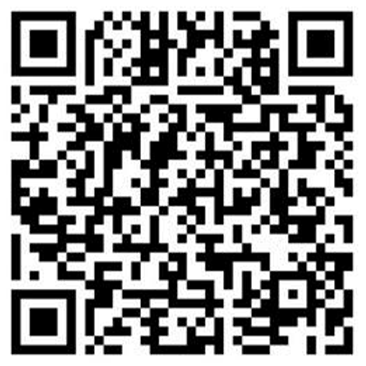
MBTI® offers a framework for understanding and appreciating individual differences, and it is important to use it as a starting point for self-reflection and exploration. We offer MBTI assessments and various MBTI training workshops to enable organizations and their employees to develop the skills and knowledge for the application of MBTI within the organization. MBTI® has important applications at work: in personal growth and organization development, leadership style and coaching skills, communication and interpersonal relationship, management and supervisory skills, team building, career development, conflict management, effective selling and employee retention, etc. MBTI® is also a solid foundation for other work-related human resources programs.


Our Managing Director, Mr. Terence Yeung wrote and published the first book in Chinese about the application of MBTI in the workplace 《決勝職場》 which was highly appreciated by readers.
(Updated 6th edition)
MBTI® has been widely used by global enterprises since its inception in 1943. The MBTI® is widely recognized for its high validity and reliability due to its research-based foundation. About 2.5 million people use MBTI® each year, among whom over 800,000 are high-level managers. More than 88% of Fortune 500 companies use this MBTI tool, such as Disney, PepsiCo, General Electric, Novell Networks, and 3M.
Case: Eva has become the leader of the team with diligence and talent, but dealing with her boss and subordinates every day makes her feel exhausted and unable to do what she wants… and MBTI® helps Eva solve this problem!
Through MBTI® study, Eva learned that her boss had an ISTP personality type, and thus understood his practical leadership style and communication style. At the same time, Eva has established a unique leadership style based on her ENTJ personality type, and used different ways of communication for employees with different personalities to make subordinates’ work more effective! Eva was promoted again soon due to her outstanding performance.
Case: Mark is humorous and passionate, and many difficult problems will be calmed down once it comes to him. At a young age, he already had an enviable high-paying job, but he suddenly resigned, leaving the boss puzzled… and MBTI® helped the boss solve this mystery!
Through the study of MBTI®, the boss discovered that Mark was an ENFP personality type. By confining him to a job with strict rules and stability, Mark couldn’t fully utilize his strengths, leading to a lack of professional fulfillment. Even with attractive salary package, the company couldn’t retain him. The boss then changed Mark’s position, and the talent was retained and created unexpected good results for the company!
Case: Sally is an organized person who always completes projects before they are due. Her attitude of getting things done has secured management’s trust on her. On the other hand, Peter always defers jobs done until the very last possible moment but his passion in exploring every possibility has in fact brought in many new perspectives. However, when they work together, Sally gets irritated by Peter’s failure in meeting deadlines and Peter refuses to follow the rigid schedule fixed by Sally not until they try to understand each other through MBTI®.
Sally and Peter’s individual differences can either work for the team or against the team. The MBTI® pulls them together and creates better understanding of how to take advantage of their individual strengths. After gaining insight into the working styles of each other, especially their preferences in ways of receiving information and time management, Sally and Peter greatly improve their interactions by becoming more accommodating rather than confronting towards other’s preferences, allowing the team to cope with and compensate for areas of weakness. The maximization of the team’s diversity results in more useful and insightful conclusions.
Case: Susan is a school social worker who is kind and caring and pays a great deal of attention to students’ needs. She needs to work closely with Thomas, the school’s disciplinary panel member, on student’s disciplinary matters. Thomas, being described by others as authoritarian and decisive, always strictly follows rules and procedures without question. He always responds harshly when Susan prefers to have mercy. Susan and Thomas confront with each other every time when dealing with issues of students’ conduct. Their conflicts seem to be never ending and time consuming.
The understanding of types in MBTI® helps Susan and Thomas to acknowledge their blind spots and understand others’ preferences. From time to time, Thomas is reminded to take time to listen to others without judgment and avoid focus so much on rules and regulations that may hinder his sight of student’s needs. Susan in turn knows that she may get too involved with problematic situations and make faulty decision without reasoning logically. Finally, they transform their problem relationships into positive and productive partnerships, making the job more effective.
I am delighted to see that, after the MBTI® training course by eTACSEN (formerly known as TACSEN Consulting), there appears to be a layer of lubricant between colleagues and teams. This resulted in increased tolerance, collaboration, and fewer conflicts and contradictions. Organizational communication efficiency has greatly improved, leading to enhanced team performance. Particularly, middle-level managers such as department heads and store managers actively utilize MBTI® to effectively leverage the differences and advantages of their employees, significantly enhancing team cohesion. As a manager, I believe that the inspiration and insights provided by MBTI® in management will undoubtedly play a crucial role in my future career.
Adonis, General Manager of Guangdong District
Baleno
Through learning, I deeply appreciate how the MBTI® system allows people to understand themselves more clearly. It effectively assists us in assessing our own personality types, guiding us to build self-confidence, trust, and a better understanding of others. In the field of business management, it provides us with invaluable help, enabling us to establish more effective communication and achieve a multiplier effect with half the effort.
Senior Manager
Chow Sang Sang
The MBTI® course has made me understand myself better and I also know how to help others. Terence's lectures were extremely wonderful, organized, and comprehensive. I not only learned new knowledge but also knew how to apply it. The next step is my action!
Amanda
SPACE China Business School, University of Hong Kong

如果您希望将来收到文章和案例分享,请填写以下表格。
如有任何查询,请填写以下表格,我们将尽快与您联系。
If you would like to receive articles and case studies in the future, please fill out the form below.
If you have any inquiries, please fill out the following form and we will contact you shortly.
If you would like to receive our sample report(s), please fill out the form below